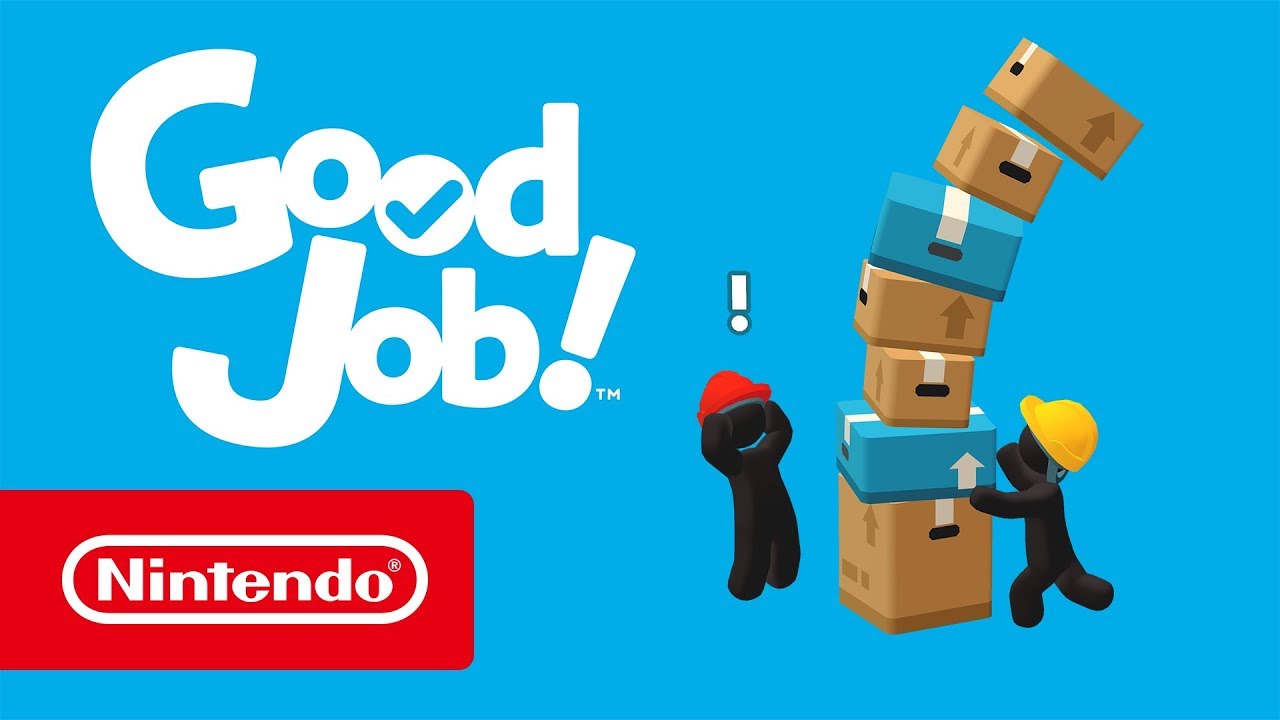Enpsty
Bob-omb
I barely make enough for living let alone playing games. I've stuck with switch and ps4. I only buy games during sales and very rarely full price and only if I know the game will provide me enough playtime for weeks.
Realistically the devaluation of games and ridiculous sales should make me happy, right?
I mean I bought Hotshot Racing for $2,99! A quality title that had already provided me with hours or entertainment.
But then I start to think... 3 euros... that's cheaper than an ice cream. Cheaper than a gyro sandwich. It's almost the same price as a cup of coffee, a coffee that I will drink in half an hour and I can make it at home on my own.
The devaluation of games has distorted my view of what is expensive and not. Games that cost 20 euros and I wait until they have 50% discount to buy them. But is 20 euros expensive? For a piece of artistic product that will provide me hours and hours of entertainment? I still remember when Monster Boy and the Cursed Kingdom was released at $40 some people got mad. An indie game at 40 dollars? How dare they? The fact that the game was a fantastic, lengthy quality product didn't matter. It's an indie game!
So one hand I love how cheap I can find games. On the other hand the devaluation of gaming has led us to f2p, f2w, live services crap and a lot of gamers that demand more and cheaper.
What do you think about it?
Realistically the devaluation of games and ridiculous sales should make me happy, right?
I mean I bought Hotshot Racing for $2,99! A quality title that had already provided me with hours or entertainment.
But then I start to think... 3 euros... that's cheaper than an ice cream. Cheaper than a gyro sandwich. It's almost the same price as a cup of coffee, a coffee that I will drink in half an hour and I can make it at home on my own.
The devaluation of games has distorted my view of what is expensive and not. Games that cost 20 euros and I wait until they have 50% discount to buy them. But is 20 euros expensive? For a piece of artistic product that will provide me hours and hours of entertainment? I still remember when Monster Boy and the Cursed Kingdom was released at $40 some people got mad. An indie game at 40 dollars? How dare they? The fact that the game was a fantastic, lengthy quality product didn't matter. It's an indie game!
So one hand I love how cheap I can find games. On the other hand the devaluation of gaming has led us to f2p, f2w, live services crap and a lot of gamers that demand more and cheaper.
What do you think about it?



